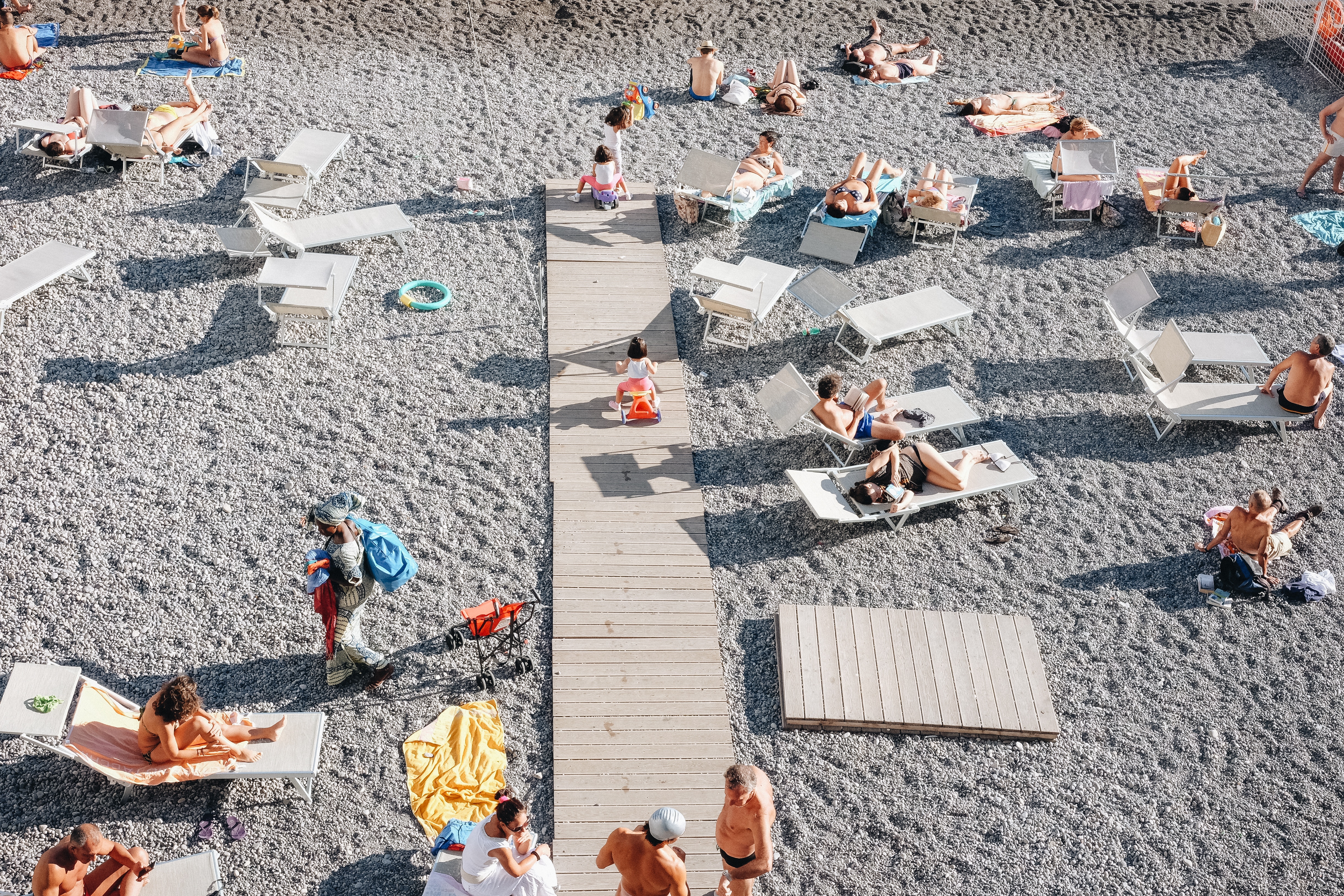10 Ways to Save on Air Conditioning Costs to Beat the Heat

Summer has finally arrived which means endless sunshine, barbecues, travel, pool parties, and unbearable heat.
For people hoping to beat the heat this summer, it might be time for you to think about purchasing an air conditioner or replacing your old unit.
While there are cheaper ways to cool down -- fans, staying hydrated, closing the curtains -- in the summer heat, nothing beats the chill of an air conditioner.
According to the U.S. Energy Department, two-thirds of all U.S. homes have an air conditioning unit.
Air conditioners use about five percent of all the electricity produced in America at an annual cost of more than $11 billion to homeowners.
Operating much like a refrigerator, air conditioners use energy, typically electricity, to transfer heat from the interior of your home to the outside environment. To cool an area, air conditioners must be able to lower air temperature, remove air moisture, and filter the air.
As cool as an air conditioner is -- literally -- using a unit during the hot summer months will definitely take a big bite out of your energy bill.
Save on the costs of air conditioning by following these 10 tips:
1. Replace your old unit
If your AC system is more than 10 years old or not keeping your home as cool as it once did, it might be time to replace it. While the cost of buying a new unit will initially put a dent in your wallet, your savings over time will be more than worth it. Replacing your AC with an ENERGY STAR unit could cut your annual energy bill by nearly $200. Before replacing your unit, though, make sure that the lack of cooling isn’t due to a leak in your house or another problem.
2. Proper installation
Replacing your old cooling unit with a newer model is great, but to get the maximum benefits of an energy-efficient unit you need to have it properly installed. Improper installation of a unit can reduce efficiency by up to 30 percent, according to Energy Star.
3. Change your air filter
By checking your air filter every month, especially during months when your AC is heavily used, can save you energy costs. If the filter is dirty, change it. Dirty filters slow air flow, which makes it harder for your system to keep you cool and reduces your unit’s efficiency. You should change your filter at least every three months.
4. Set up a programmable thermostat
If your central air is controlled by a thermostat, install a programmable one to save energy. When you are out of the house, increase the heat controlled by your cooling system a few degrees to shave off between 5-20 percent of your energy bill. Properly using pre-programmed settings on a programmable thermostat can save you about $180 every year in energy costs.
5. Install ceiling fans
Fans are a surefire way to cool down during the hot summer months. Fans can make you feel anywhere from 3-8 degrees cooler, which means you can increase the temperature at which your AC will blast air -- saving on energy costs.
6. Remember Mother Nature
Heat enters a house from the sun shining through the roof or windows. The more trees or shrubs you have surrounding your home, the less likely the sun will be able to reach inside your abode. A cooler home means you will be use the AC less.
7. Cover your windows
Solar or mesh window screens and window films will intercept some of the energy from the sun before it enters your house. Window awnings can reduce solar heat in the summer by up to 77 percent, according to the Energy Department. Blinds are effective at reducing summer heat (moreso than gaining heat during the winter months). If you have drapes on windows, be sure to close them. Medium-colored draperies with white-plastic backings can reduce heat gains by 33 percent. The more heat you can prevent from entering your home, the cheaper your energy bill will be.
8. Avoid the stove
Boiling something on the stove or baking something in the oven will only increase indoor heat and cause you to run the AC. Eat something cool like a salad or use the microwave. If you have to use the stove, cook in the evening when temperatures are cooler. After you cook be sure to turn on the kitchen exhaust. The cooler you can keep your home, the better so that you don’t have to run the AC too long or too often.
9. Cool one room
If a central air system is just too expensive, a small window unit will help you beat the heat. Cooling one room with a window AC unit will use much less energy than a central system. To figure out the right unit for your room, take a look at this guide by Energy Star.
10. Don’t get an oversized unit
Many people want to buy the biggest AC unit available with the mindset that it will provide the best cooling. But an AC that’s oversized is both inefficient and a huge waste of money. An AC that’s too big will cool down the room too quickly before it has reached its maximum efficiency level. It will cool the room, but only remove some of the humidity, leaving it damp and feeling clammy. Make sure to get a unit that’s the right size for your room.

